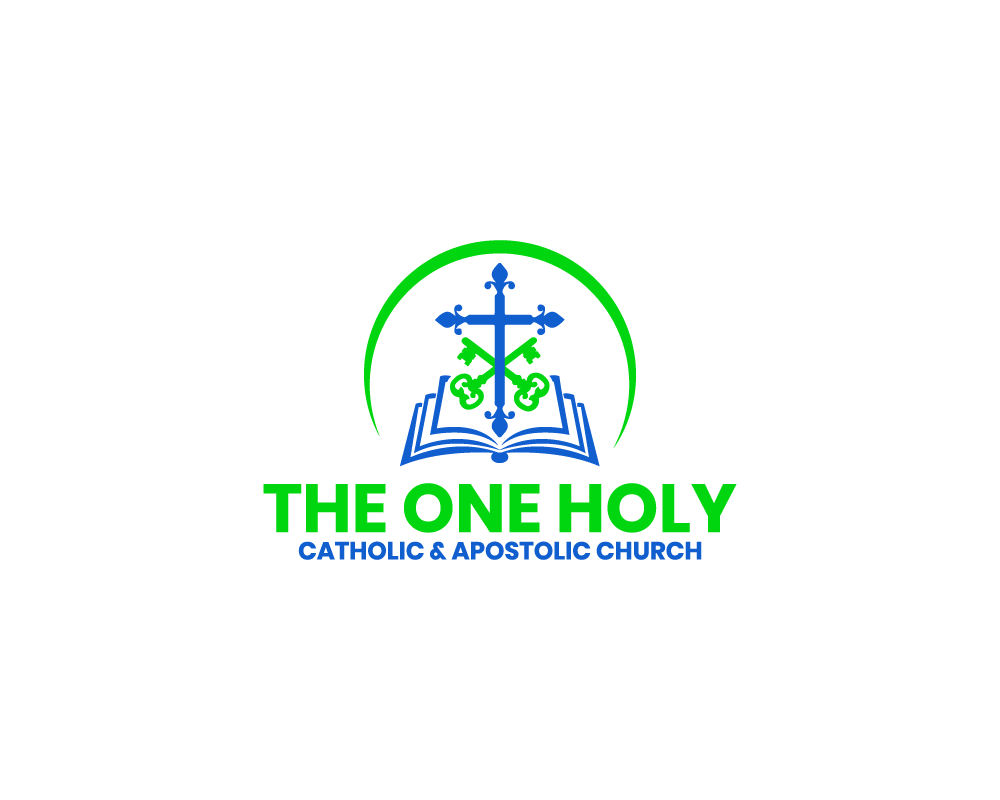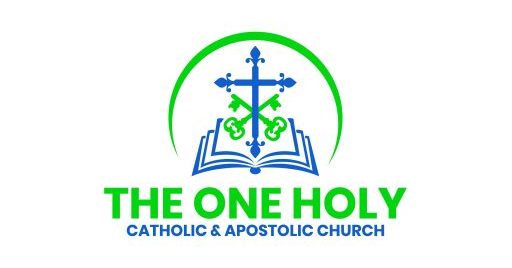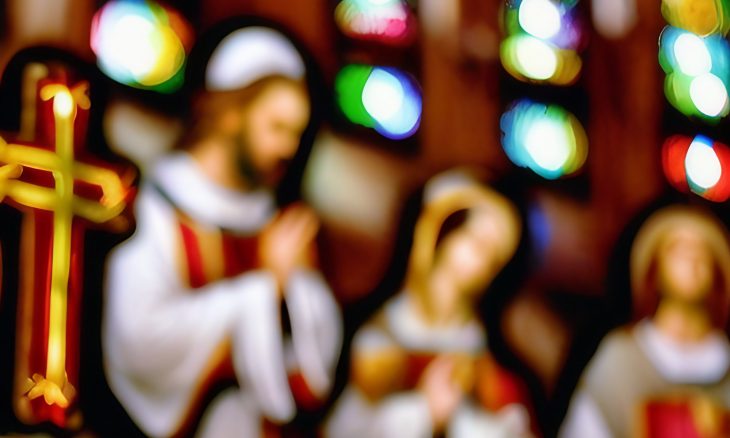The One Holy Catholic and Apostolic Church have a rich and diverse tradition of liturgical worship. From the Divine Liturgy, the most important service in the Church, to the various blessings, prayers, and sacramental ceremonies, the Church offers its faithful a wealth of spiritual resources.
At the center of the Church’s liturgical life is the Divine Liturgy, celebrated on Sundays and major feast days. This Eucharistic celebration is a beautiful and elaborate service that involves the consecration of bread and wine, which are believed to become the body and blood of Christ. The Liturgy includes hymns, prayers, and readings from the Gospels and the Epistles and culminates in the reception of Holy Communion by the faithful.
The Church also has a rich tradition of baptism, which is the initiation rite into the Church. The ceremony involves the full immersion of the person in water three times in the name of the Father, Son, and Holy Spirit, symbolizing the washing away of sins and the beginning of a new life in Christ. Chrismation, also known as confirmation, typically follows baptism and involves anointing the newly baptized person with chrism, a mixture of oil and other ingredients. The ceremony is believed to impart the gift of the Holy Spirit.
The Church also observes various seasons and feast days throughout the year, such as Holy Week and Great Lent, which are periods of fasting and spiritual discipline. These seasons are marked by special services and ceremonies, such as the blessing of palms on Palm Sunday, the reading of the Twelve Gospels on Holy Thursday, and the veneration of the Cross on Good Friday.
In addition to these significant services and seasons, the Church has a rich tradition of blessings, prayers, and sacramental ceremonies designed to offer spiritual nourishment and healing to the faithful. These include the blessing of water, which takes place on the feast of Theophany, the blessing of homes and icons, the consecration of churches, and the anointing of the sick with oil during the Holy Unction service.
The Church also celebrates weddings and funerals, as well as special services for blessing animals, oceans, and other aspects of God’s creation. The Church encourages the faithful to participate in pilgrimages to holy sites and to undertake acts of devotion, such as lighting candles and offering prayers for the departed.
Through its rich liturgical tradition, the One Holy Catholic and Apostolic Church offer the faithful a path to spiritual growth and transformation. Whether through the celebration of the Divine Liturgy, the observance of seasons and feast days, or the participation in sacramental ceremonies, the Church invites its members to deepen their relationship with God and to experience the richness of the Christian faith.
List of our Traditional Ceremonies
- Divine Liturgy: The essential service in the One Holy Catholic & Apostolic Church, the Divine Liturgy is a Eucharistic celebration on Sundays and significant feast days. It involves the consecration of bread and wine, which are believed to become the body and blood of Christ.
- Baptism: This is the initiation rite into the One Holy Catholic & Apostolic Church and is typically performed on infants but can also be performed on adults. The ceremony involves the full immersion of the person in water three times in the name of the Father, Son, and Holy Spirit, symbolizing the washing away of sins and the beginning of a new life in Christ.
- Chrismation: Also known as confirmation, this ceremony typically follows baptism and involves anointing the newly baptized person with chrism, a mixture of oil and other ingredients. The ceremony is believed to impart the gift of the Holy Spirit.
- Holy Week: The week leading up to Easter is marked by several unique services, including the blessing of palms on Palm Sunday, the reading of the Twelve Gospels on Holy Thursday, the veneration of the Cross on Good Friday, and the Resurrection service on Holy Saturday.
- Great Lent: This is a period of fasting and spiritual discipline that begins seven weeks before Easter. It includes special services, such as the Presanctified Liturgy, held on Wednesdays and Fridays.
- Vespers: This evening service includes prayers, psalms, and hymns and is typically held on Saturdays and the eves of significant feast days.
- Matins: This morning service includes readings from the Gospels, psalms, and hymns and is typically held on Sundays and significant feast days.
- Paraklesis: A service of supplication and intercession, typically held during times of difficulty or distress. It includes prayers, psalms, and hymns asking for the help and protection of the saints.
- All-Night Vigil: This service includes Vespers, Matins, and the First Hour and is typically held on the eve of significant feast days.
- Moleben: A special service of intercession, typically held for a specific intention or in honor of a particular saint.
- Akathist Hymn: A hymn of praise and thanksgiving, typically sung on Fridays during Great Lent or in honor of a particular saint.
- Liturgy of the Presanctified Gifts: A service that includes the distribution of Holy Communion, but without the consecration of the bread and wine.
- Artoklasia: A service of blessing and breaking of bread, typically held after Vespers on major feast days.
- Wedding: A sacramental ceremony involving the exchange of rings, the crowning of the couple, and sharing a common cup.
- Funeral: A service of prayer and remembrance, typically held three days after a Church member’s death.
- Blessing of Water: This service takes place on the feast of Theophany, commemorating the baptism of Christ. The water is blessed and distributed to the faithful for use in their homes.
- Blessing of the Paschal Foods: This service takes place on Holy Saturday, during which the priest blesses eggs, bread, and other foods that will be consumed on Easter Sunday.
- Blessing of Homes: This service takes place on the feast of Theophany, during which the priest visits the homes of the faithful and blesses their homes with holy water.
- Lesser Blessing of Water: This service takes place on the first day of each month, during which the priest blesses a small amount of water for the faithful to take home and use for personal prayers.
- Blessing of Icons: This service takes place on the Sunday of Orthodoxy, commemorating the restoration of the use of icons in the Church. Icons are blessed and venerated during this service.
- Blessing of Candles: This service takes place on the feast of the Presentation of the Lord, during which candles are blessed and distributed to the faithful.
- Consecration of Churches: This service occurs when a new church is built or an existing church is renovated. The bishop consecrates the church, the altar, and other sacred objects.
- Ordination: This service occurs when a man is ordained as a deacon, priest, or bishop. The ceremony includes the laying on of hands and the recitation of prayers.
- Monastic Tonsure: This ceremony occurs when a man or woman enters a monastery or convent. The person is given a new name and receives the monastic habit.
- Blessing of Animals: This service takes place on the feast of St. Francis of Assisi, during which animals are blessed and venerated.
- Blessing of the Oceans: This service takes place on the feast of the Annunciation, during which the waters of the world are blessed, and prayers are offered for the protection of the environment.
- Pilgrimage: This is a journey to a holy site or shrine, typically undertaken as an act of devotion. The faithful may participate in special services and receive blessings at the pilgrimage site.
- Proskomedia: This service takes place before the Divine Liturgy, during which the priest prepares the bread and wine for the Eucharist.
- Supplicatory Canon: This intercession service is typically held on Wednesday and Friday evenings during Great Lent.
- Holy Unction: This is a service of anointing with oil, typically held during Holy Week or on other occasions when the faithful need healing.
- Requiem: This is a service of prayer and remembrance for the departed, typically held on the third, ninth, and fortieth days after a person’s death.
- Processions: These are solemn marches or walks, typically held on major feast days or during other special occasions.
- Te Deum: This is a service of thanksgiving and praise, typically held on major feast days or other special occasions.
- Panikhida: This prayer service for the departed is typically held on a person’s death anniversary.
- St. Andrew’s Canon: This is a service of intercession, typically held during Advent.
- Small Blessing of Water: This service takes place on the eve of Theophany, during which the faithful are sprinkled with holy water.
- Forgiveness Vespers: This is a service of mutual forgiveness, typically held on the Sunday before Great Lent.
- Polyeleos: This is a service of Psalms, typically held on significant feast days.
- Litia: This is a service of prayer and thanksgiving, typically held on significant feast days.
- Lamentations: This is a service of mourning, typically held on Holy Friday



